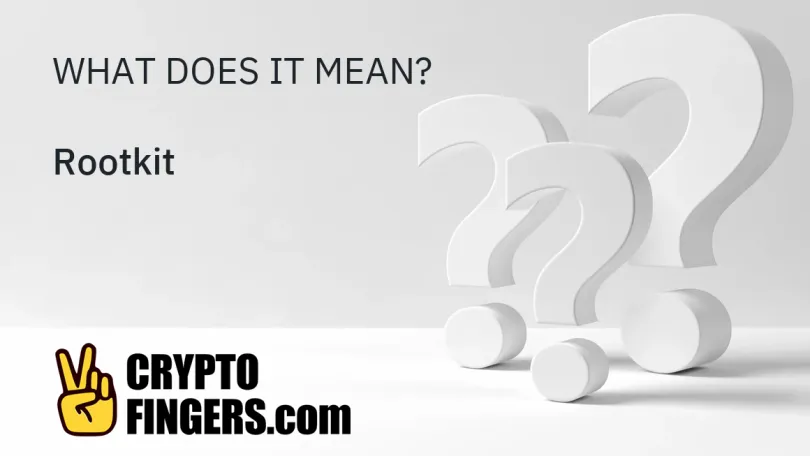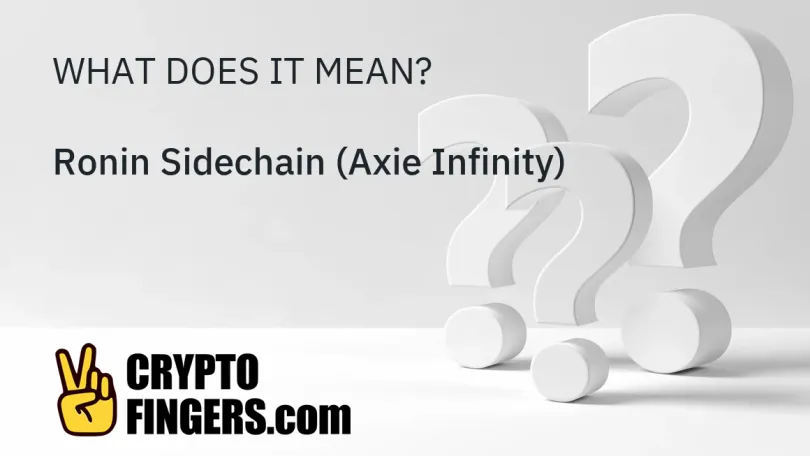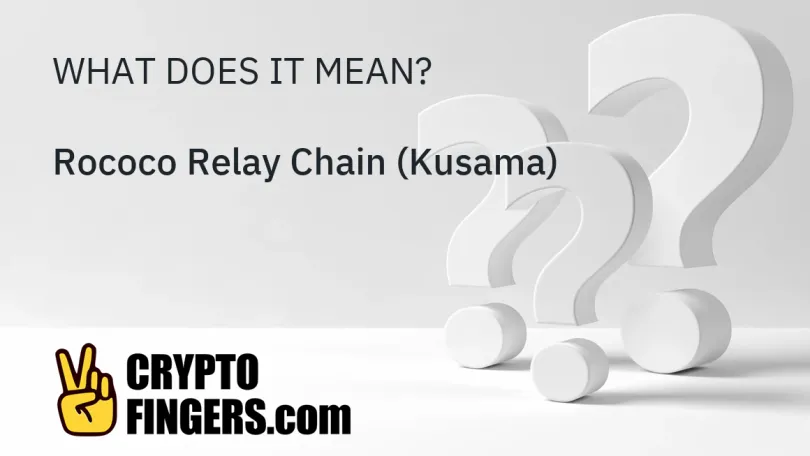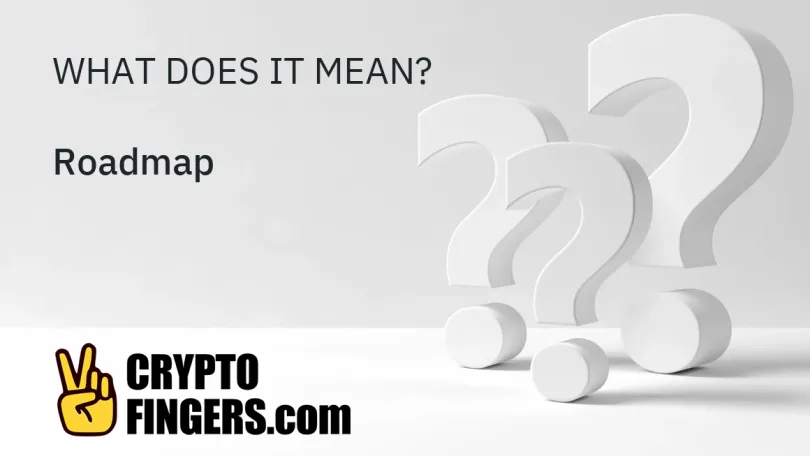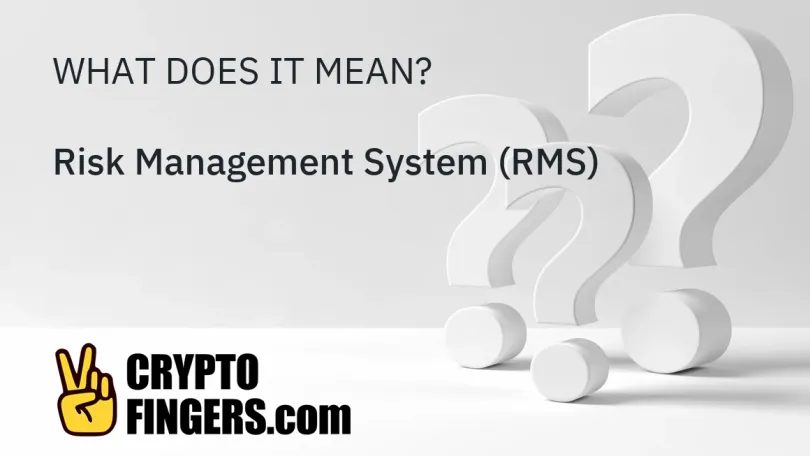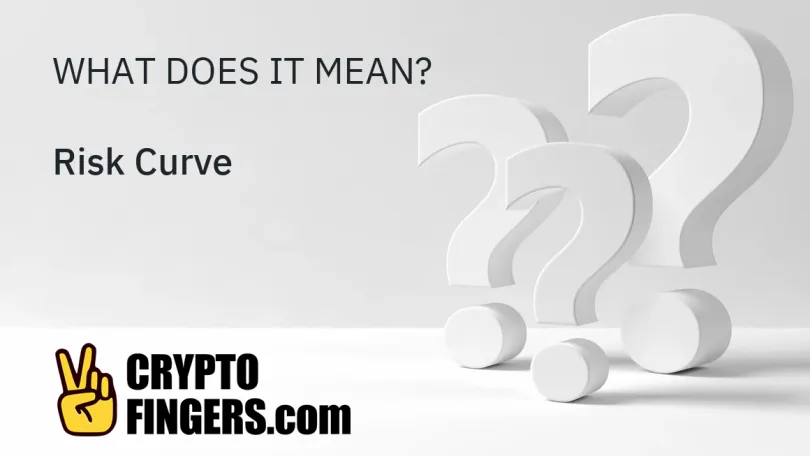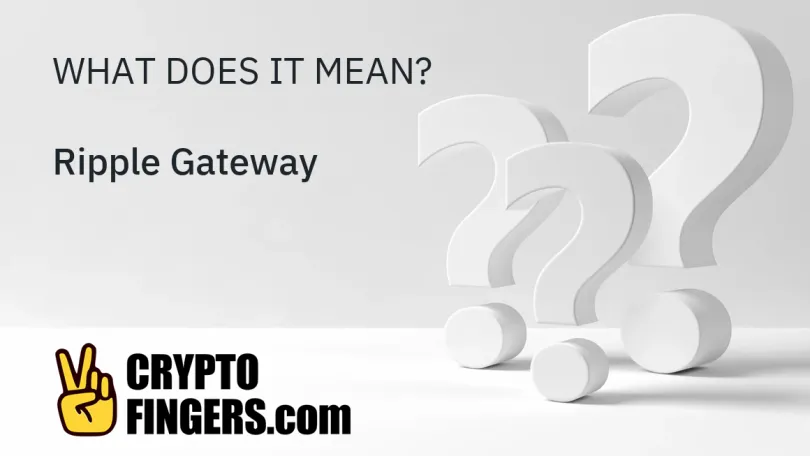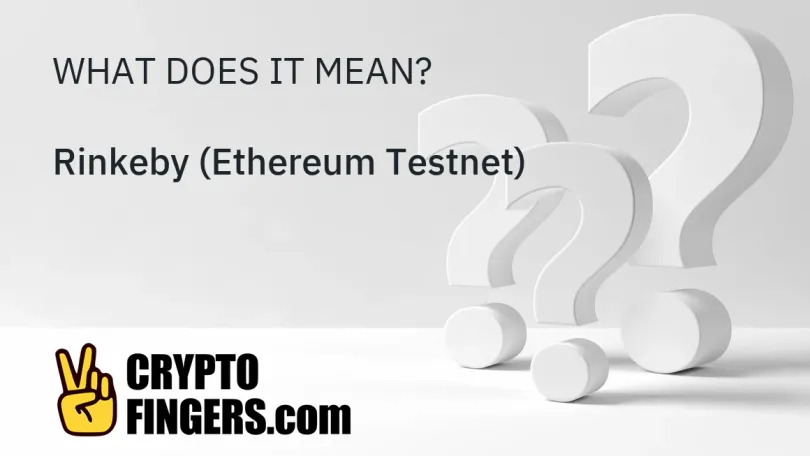⁝⁝⁝
Publications
A Rootkit is a specific type of Trojan malware designed to gain unauthorized root or administrative access to a target device or network. Many rootkits are specifically designed to subvert..
Developed by Sky Mavis, the Ronin sidechain is an Ethereum-linked sidechain on which Axie Infinity operates. Ronin is a scaling solution intended to address issues that occur during times..
Roll-ups are an off-chain aggregation of transactions inside a smart contract. Roll-ups are used to combine and process smart contract transactions off-chain before settling the final state..
The Rococo Relay Chain is the main blockchain built to run Kusama, and is designed to act as the control center behind the Kusama ecosystem. Rococo was built to facilitate the transfer..
In the blockchain industry, a roadmap is a predetermined plan to carry out the short- and long-term goals of a blockchain project using a flexible or estimated timeline. For a developing..
Caspian's Risk Management System (RMS) is used to monitor trading and investment decisions to help ensure greater profitability (by taking into consideration specific risk-based parameters)..
A risk curve is a visual depiction of the trade-off between the risk and return for an investment on a graph. Generally, the horizontal x-axis is a measurement of the risk level, while..
Ripple Gateways are businesses that allow their customers to deposit their funds in exchange for Ripple IOUs, thereby providing an entry point into the Ripple network. Ripple Gateways allow..
Rinkeby is Ethereum's testnet and is built for testing smart contracts, network architecture, and other experimental Ethereum technology before it goes live on its mainchain..
Ring Confidential Transactions (RingCTs) are a mechanism used within the Monero blockchain platform which allows the amount in a transaction to be hidden, similar to now the system's ring..
⁝⁝⁝
Trending news
- Artificial Intelligence (AI)
- Altcoins
- Bitcoin
- DeFi
- Ethereum
- Economy
- Market and Events
- Metaverse
- Mining
- NFT
- Regulation
- Web3
- show less














